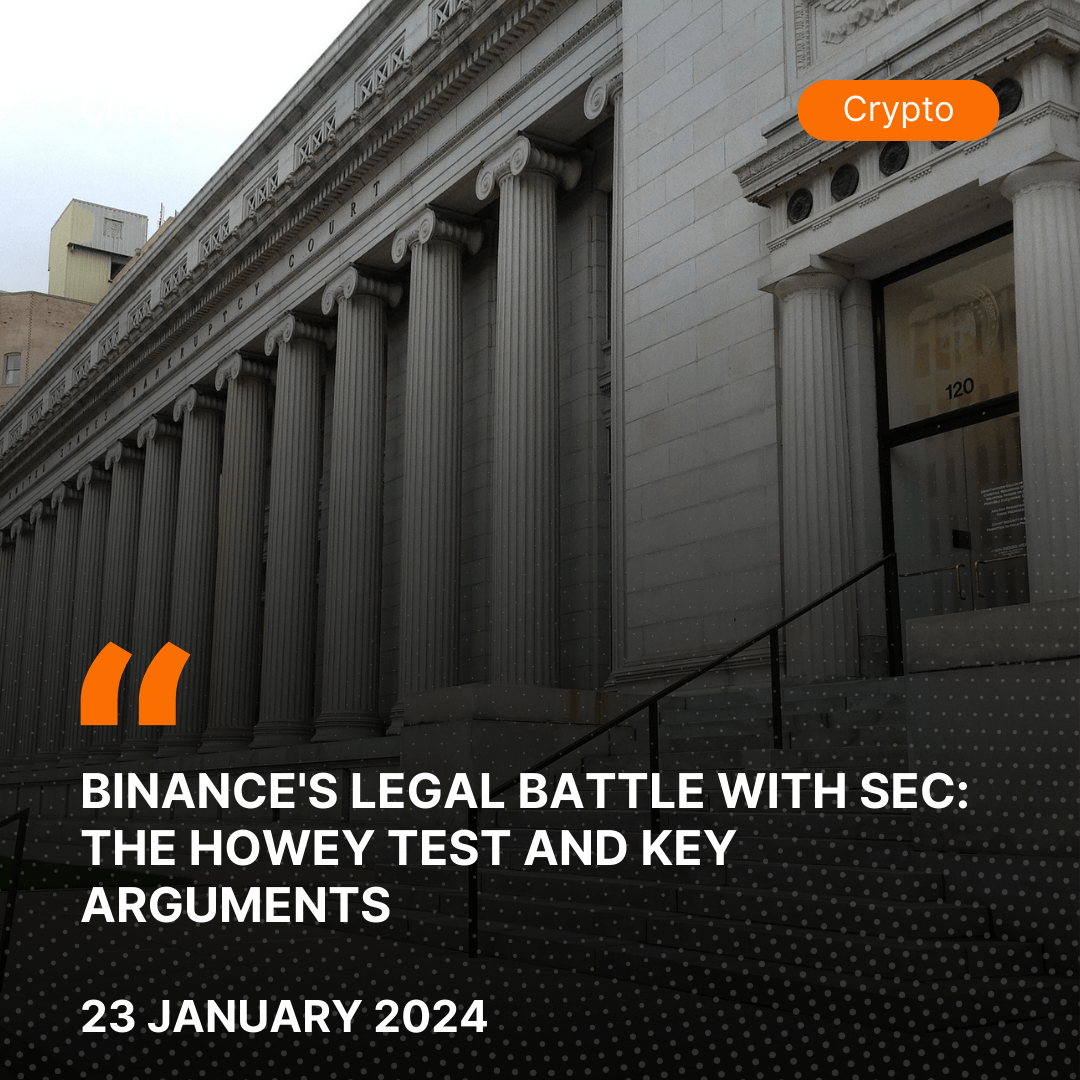
Binance, the world’s largest cryptocurrency exchange, faced a crucial court hearing seeking the dismissal of a lawsuit brought against it by the U.S. Securities and Exchange Commission (SEC). The SEC filed the lawsuit in June, alleging that Binance operated as an unregistered exchange, provided false information to customers, and violated securities laws. The focus of the hearing was on whether certain cryptocurrencies on Binance, such as BNB and BUSD, should be considered securities under the Howey test, a set of parameters used by the SEC to determine the status of an asset.
Judge Amy Berman Jackson pressed both sides on their interpretations of the Howey test, questioning the necessity of an actual contract and emphasizing the broad scope of the statute. Binance’s defense team insisted that the promotion of a business itself cannot be a factor, while the SEC argued that Binance’s continuous promotion created reasonable expectations of profit for token buyers.
A significant point of contention was whether sales of tokens on the secondary market should be treated similarly to primary token sales. Binance argued that secondary sales on its platform did not pool funds invested in a common enterprise, a Howey test criterion. The SEC contended that if a token has qualities of a security, they persist through any sale, and the creation of a secondary market contributes to the token’s value. (Source: TheBlock)





